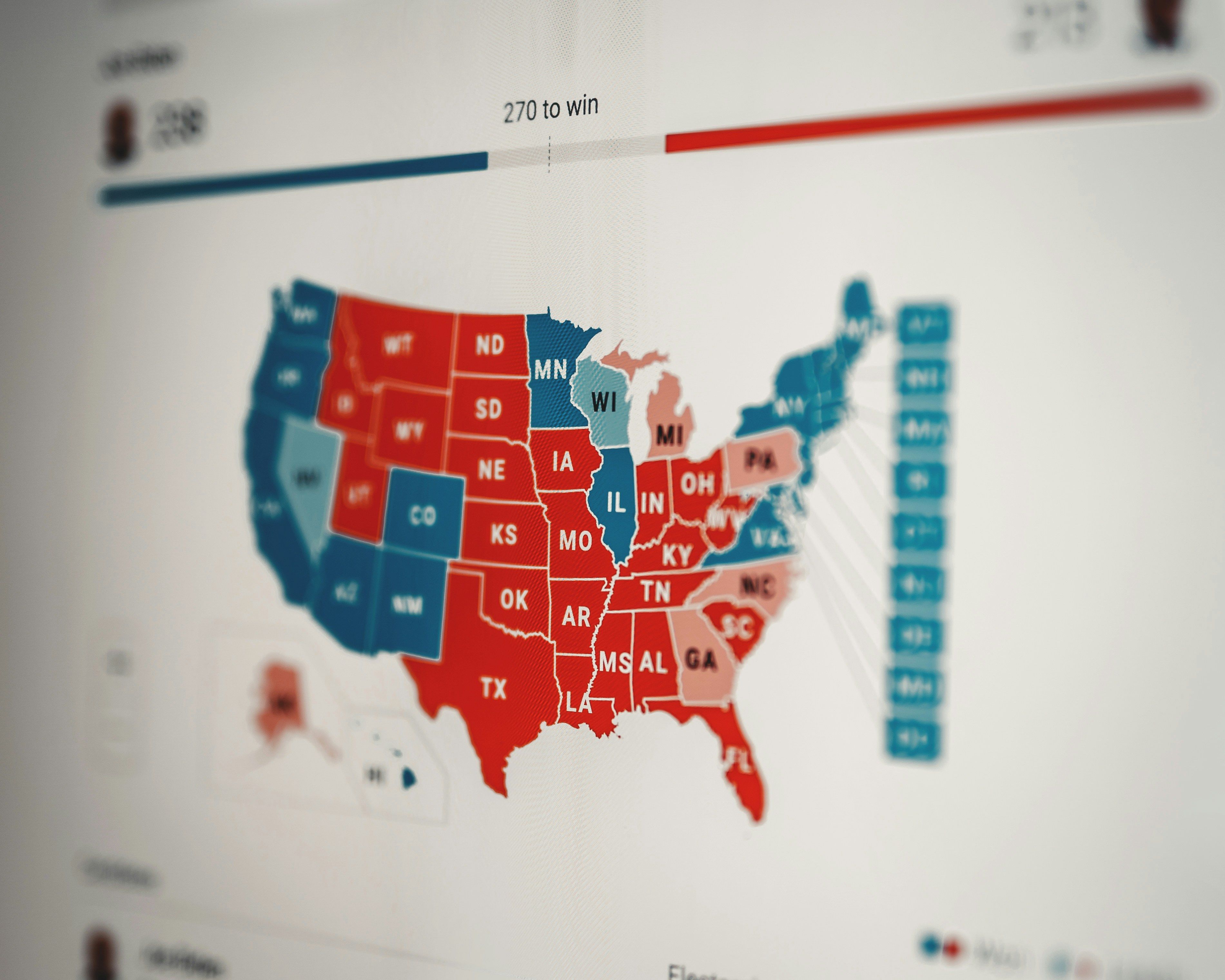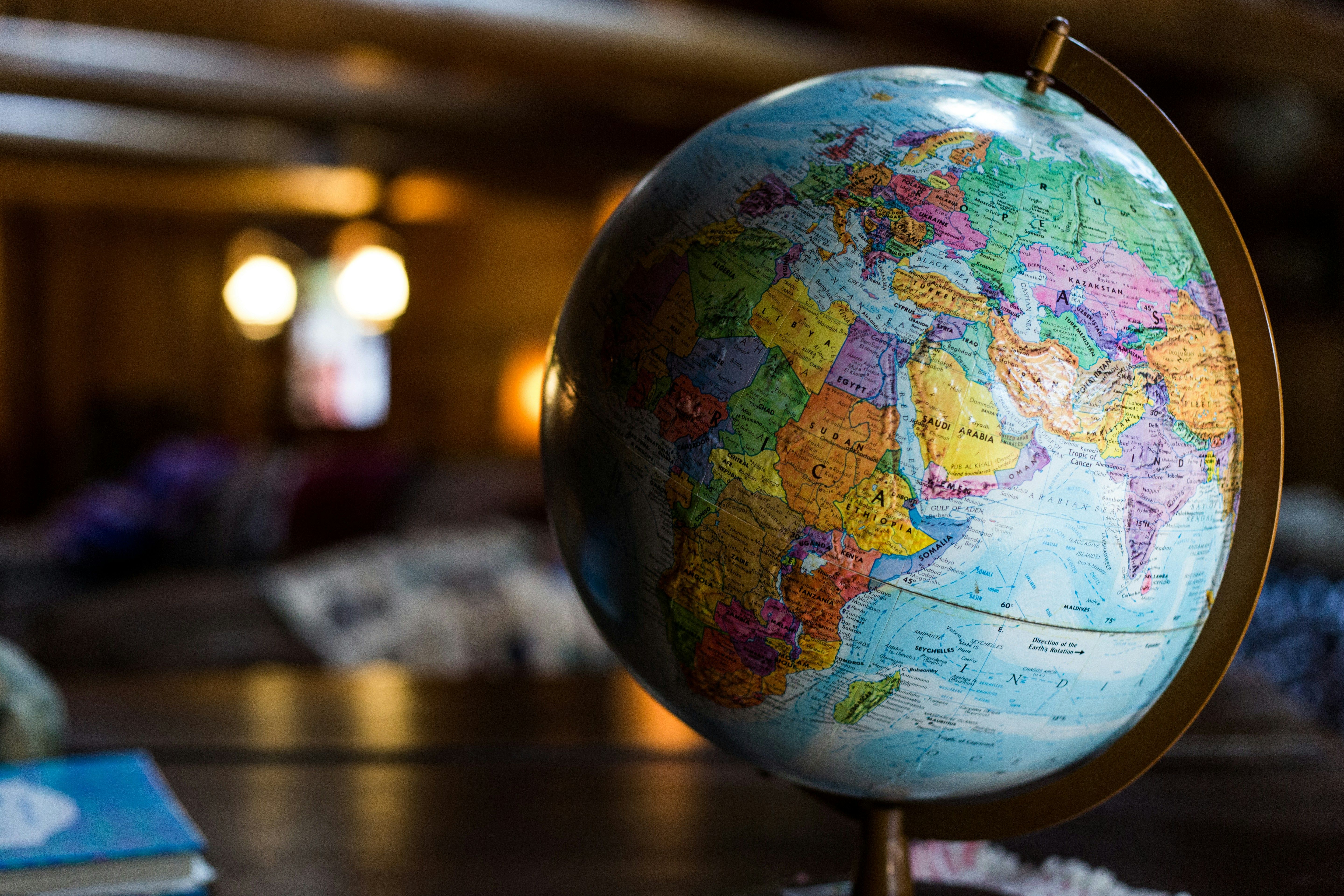The Murky Waters of Geopolitics: Understanding the Complexities of International Relations
The world of international relations, often referred to as geopolitics, can seem like a complex and murky game. It's a constant dance between nations, where cooperation and competition intertwine. To understand current events and navigate our interconnected world, it's helpful to have a basic grasp of geopolitical concepts. Let's dive into some key elements that shape the political landscape on a global scale:
The Players on the Stage:
Nation-States: The primary actors in geopolitics are nation-states, each with its own interests, goals, and foreign policy. These governments interact with each other through diplomacy, trade agreements, and sometimes conflict.
International Organizations: Global organizations like the United Nations (UN) and regional bodies like the European Union (EU) play a role in fostering cooperation, addressing international challenges, and maintaining peace and security.
Non-State Actors: Non-state actors like multinational corporations, NGOs (Non-Governmental Organizations), and even terrorist organizations can also influence international relations.
The Power Plays:
National Interests: At the heart of geopolitics lies the concept of national interests. These are the economic, security, and political objectives that each nation strives to achieve in the international arena.
Alliances and Partnerships: Nations often form alliances or partnerships with other countries to advance their shared interests, increase their bargaining power, or counter threats.
Balance of Power: Maintaining a balance of power is a delicate act in geopolitics. Countries may strategically align themselves to prevent any one nation from becoming too dominant.
The Currency of Geopolitics:
Diplomacy and Negotiation: The primary tool of geopolitics is diplomacy, the art of negotiation and communication between nations. Diplomats work to resolve conflicts peacefully, forge agreements, and promote cooperation.
Economic Power: Economic strength is a major source of influence in international relations. Countries use trade, foreign aid, and economic sanctions to achieve their goals.
Military Power: Military might remains a significant factor in geopolitics, although its use is becoming less common. Nations maintain armed forces for defense and may use them strategically to deter aggression or influence other countries.
The Impact on Our Lives:
Geopolitical events can have a ripple effect, impacting everything from the global economy and energy prices to international travel and security threats. Understanding the underlying dynamics of geopolitics allows us to be more informed citizens and make sense of the complex world around us.
Do you find geopolitics interesting? What current global issues are you most concerned about?




